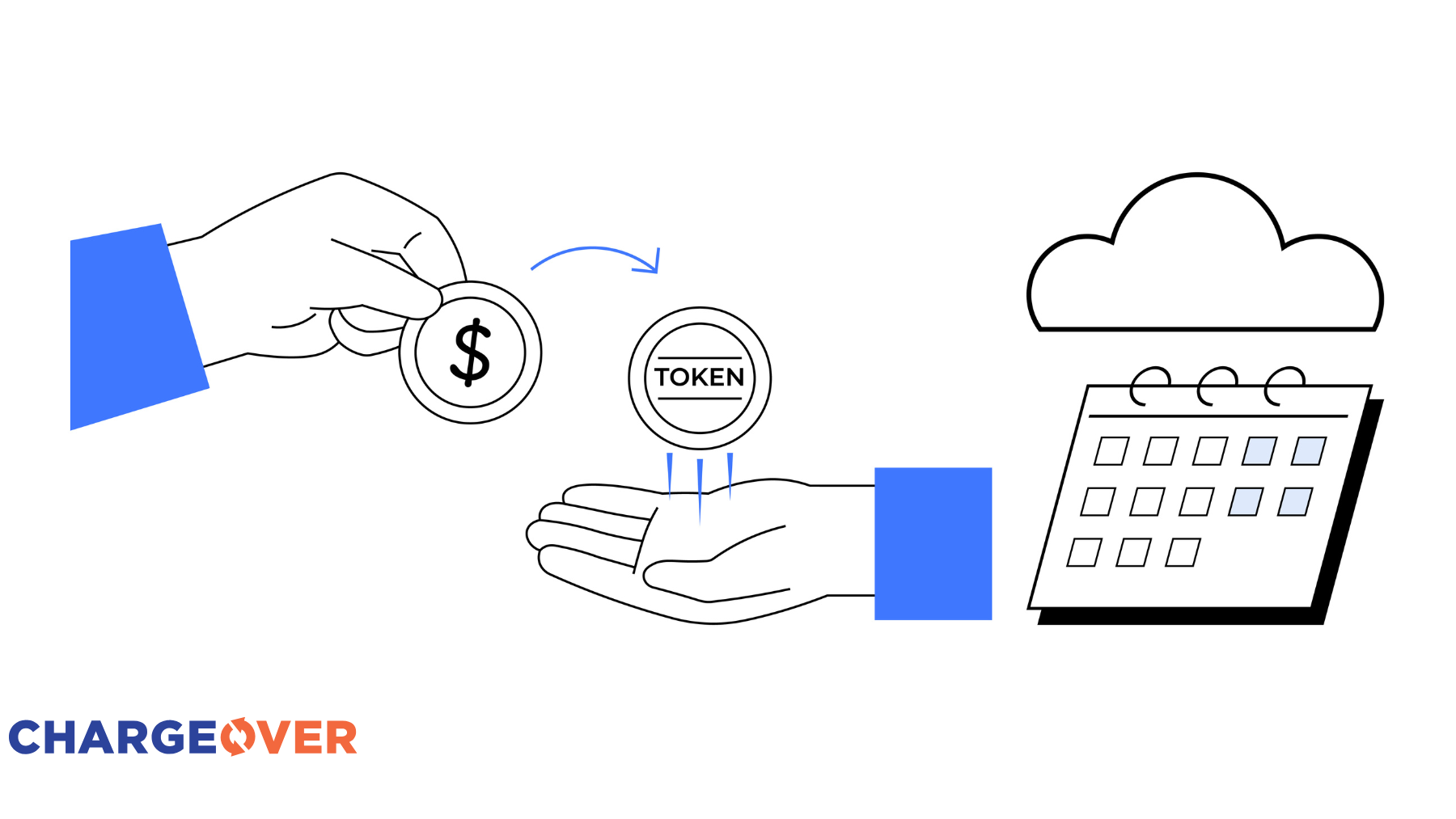When data breaches and cybersecurity threats are headline news, creating and maintaining trust with your customers is paramount—especially when handling their billing information. Whether you run an e-commerce store, a subscription service, or any business that collects payments, establishing a secure and transparent billing process is crucial for building and preserving customer trust. In this blog, we'll explore some essential steps to ensure your customers feel confident and secure when sharing their billing information with your business.
1. Prioritize Security
Security should be at the forefront of your billing process. Implement robust security measures to protect sensitive customer data, including credit card details. Some fundamental security practices include:
- SSL Encryption: Ensure your website and payment pages use SSL encryption to secure data transmitted between the customer's browser and your server.
- PCI DSS Compliance: Comply with the Payment Card Industry Data Security Standard (PCI DSS), a set of security standards designed to protect cardholder data. To learn more about PCI compliance, the PCI Security Standards Council site has current regulations and guidance posted for reference.
- Tokenization: Consider using tokenization, which replaces sensitive cardholder data with unique tokens. This way, even if your system is breached, the attacker won't gain access to actual credit card details. To learn how to tokenize within ChargeOver, check out the Tokenization Overview in the Help Center.
- Regular Audits: Conduct regular security audits and vulnerability assessments to identify and address potential weaknesses in your systems.
- Data Access Controls: Restrict access to customer billing information to only authorized personnel who require it for legitimate business purposes.
When data breaches and cybersecurity threats are headline news, creating and maintaining trust with your customers is paramount—especially when handling their billing information.
2. Transparent Privacy Policies
Be transparent about how you collect, store, and use customer billing information. Your privacy policy should clearly outline:
- What information you collect: Specify the types of data you collect, such as names, addresses, credit card numbers, and any additional information.
- How you use the data: Explain the purposes for which you collect and use customer information, such as processing payments, providing services, and improving customer experiences.
- Data sharing: If you share customer data with third parties (e.g., payment processors), disclose this in your privacy policy.
- Data retention: Clarify how long you retain customer data and the criteria for deletion.
- Security measures: Provide information about the security measures you've implemented to safeguard customer information.
3. Secure Payment Processing
Select a reliable and reputable payment processor to handle customer transactions. These processors are responsible for securely transmitting billing information, and customers often trust well-known payment providers. Ensure that:
- Your payment processor is PCI DSS compliant.
- Payment pages are hosted securely and display clear indicators (e.g., padlock symbol) to signify a secure connection.
- You offer multiple payment options, allowing customers to choose their preferred method for added convenience and trust.
ChargeOver connects with all of the most popular payment gateways on the market. To see the growing list, check out Payment Gateways.
4. Transparent Billing Practices
Billing transparency is essential for building trust. Customers should have a clear understanding of:
- Pricing: Display accurate and transparent pricing for your products or services, including any additional fees.
- Billing frequency: Clearly communicate how often customers will be charged for subscriptions or recurring services.
- Cancellation policies: Outline your policies for canceling subscriptions or services, including any associated fees.
- Refund policies: Explain your refund policies and procedures in case customers are not satisfied with their purchase.
Download Chris Dub, ChargeOver’s Director of Customer Success’ eBook on 5 Ways to Recover Payments Faster for FREE
5. Data Handling Compliance
Ensure that your business complies with relevant data protection regulations, such as the General Data Protection Regulation (GDPR) in Europe or the California Consumer Privacy Act (CCPA) in the United States. These regulations outline the rights and protections afforded to individuals regarding their personal data, including billing information.
6. Customer Support and Communication
Provide accessible and responsive customer support channels for billing-related inquiries and issues. Promptly address customer concerns and questions about their billing information. Effective communication builds trust by showing that you prioritize customer satisfaction.
7. Secure Account Management
If your business offers customer accounts, implement secure account management features. This includes robust password policies, two-factor authentication (2FA), and regular reminders for customers to update their passwords.
8. Regular Auditing and Monitoring
Continuously monitor your billing systems for unusual or suspicious activities. Implement intrusion detection systems and log analysis to detect and respond to security incidents promptly. Regularly audit your billing processes and data handling practices to identify areas for improvement.
9. Educate Your Customers
Empower your customers with knowledge about secure billing practices. Provide tips on password security, recognizing phishing attempts, and safeguarding their billing information. Education helps customers become active partners in protecting their data.
10. Seek Third-Party Validation
Consider obtaining security certifications or third-party validations to demonstrate your commitment to data security and customer trust.
The send-off
Creating trust when handling your customer's billing information is not only a legal requirement but also a fundamental aspect of maintaining a positive and long-lasting relationship with your clients. Prioritize security, transparency, and communication throughout your billing process. By demonstrating a commitment to safeguarding customer data and respecting their privacy, you can build trust that will benefit your business in the long term. Remember, trust is not easily gained but can be quickly lost, so make it a priority in every aspect of your billing practices.
Transform Your Billing Experience
Your results are just the beginning. Learn how to optimize your billing and scale your success.


